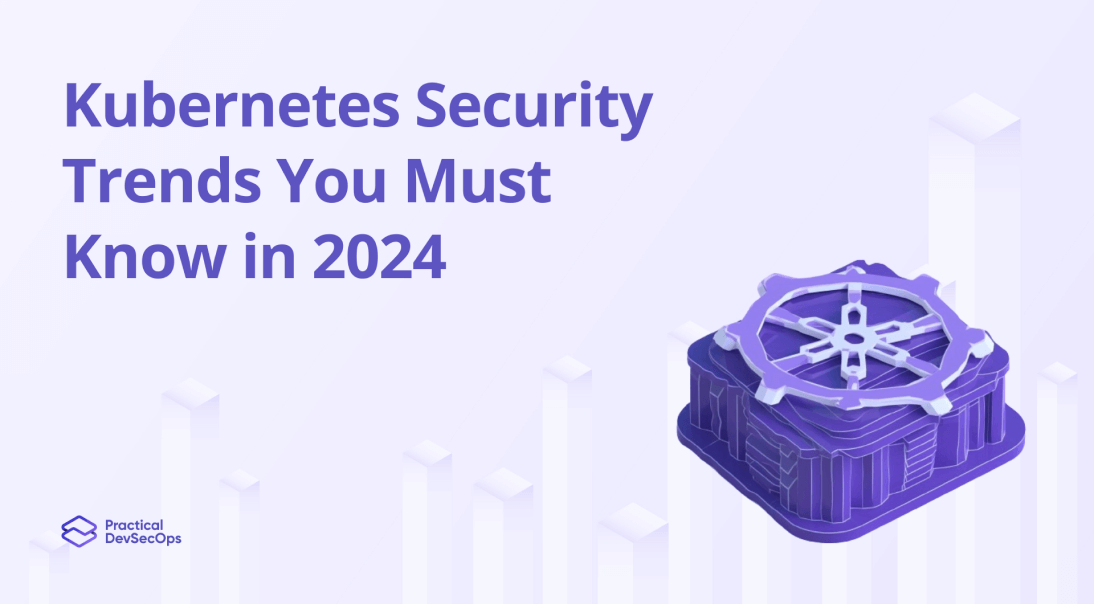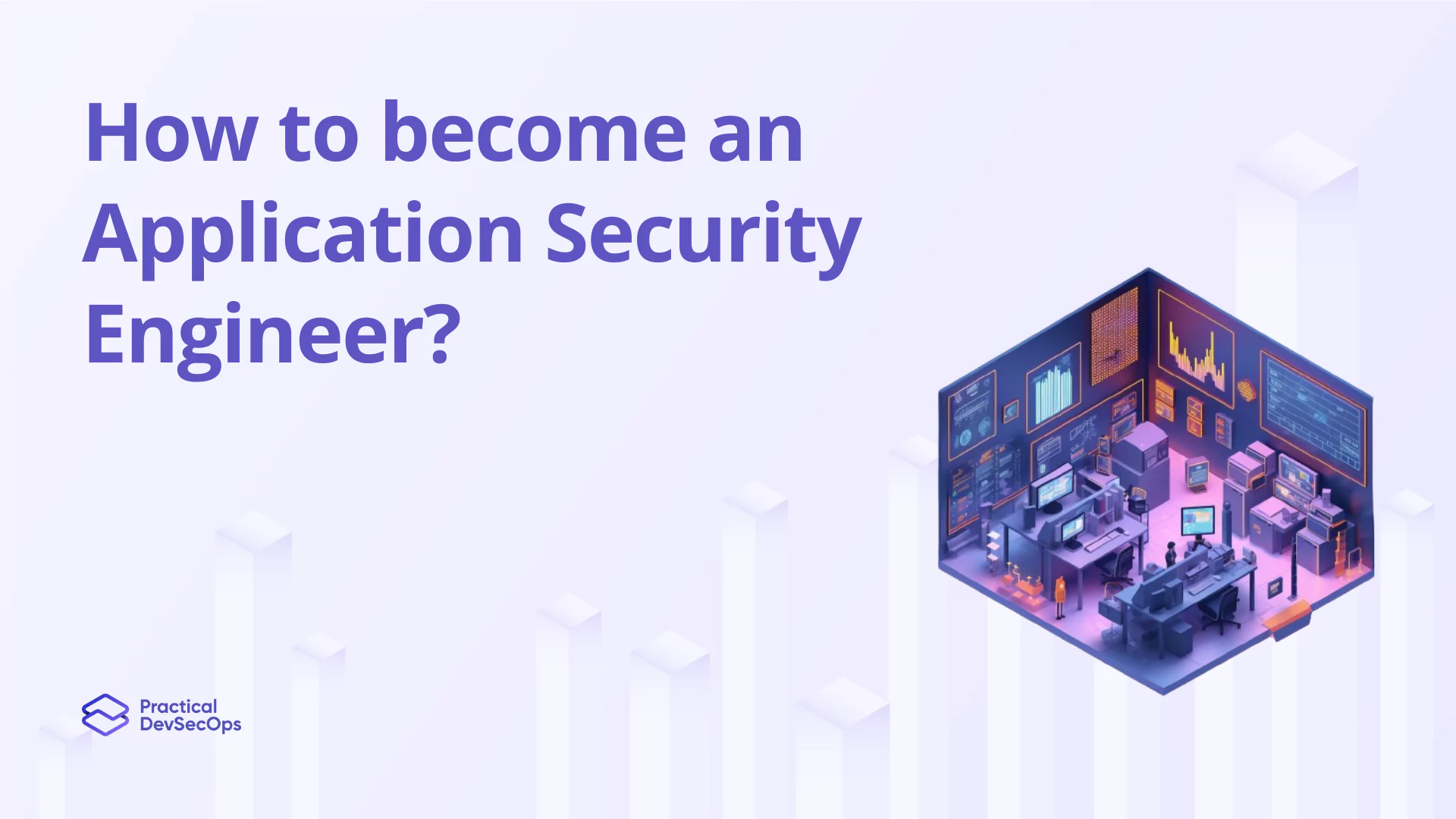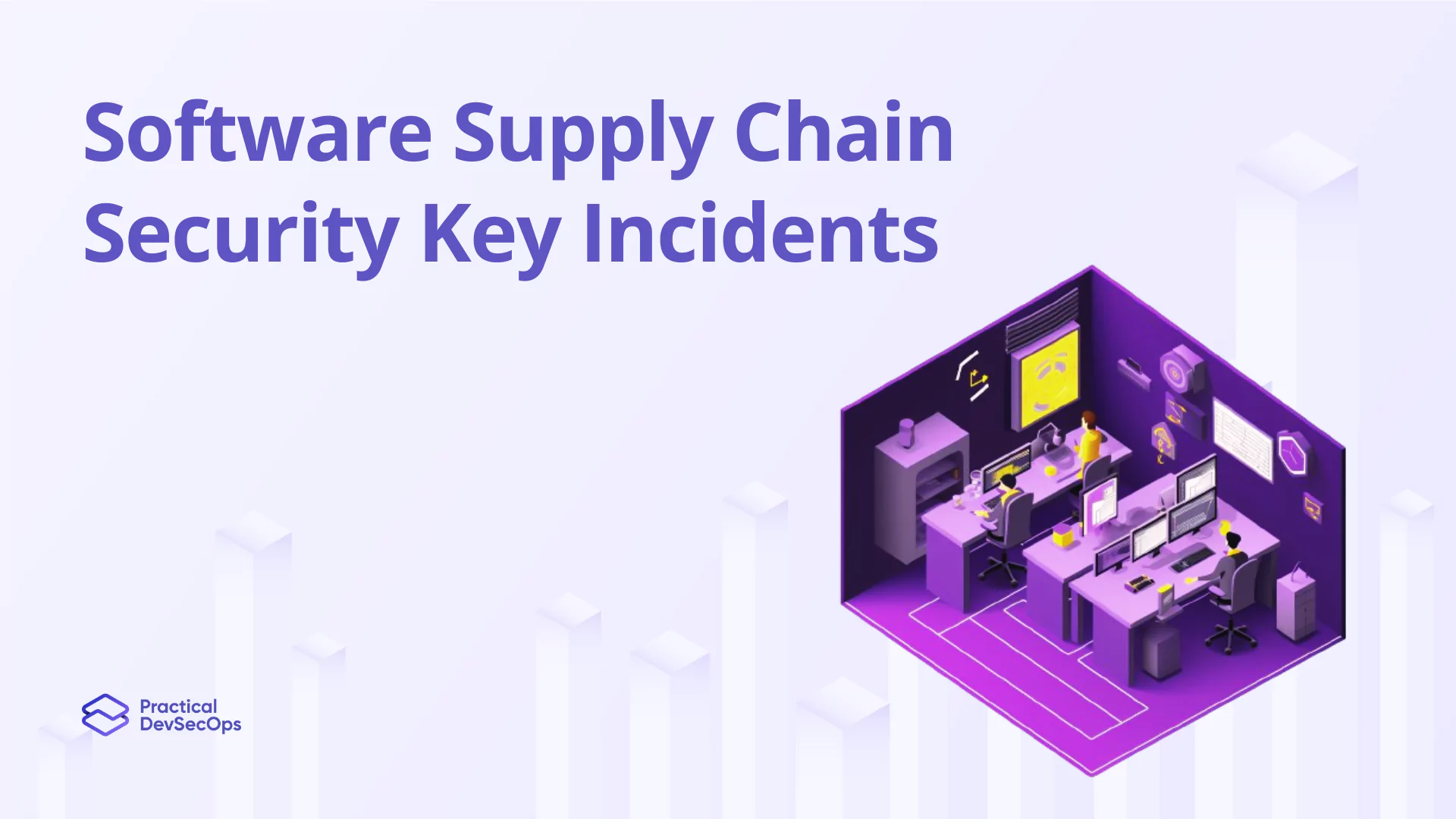Remember the days when deploying code felt like chucking pebbles into a bottomless pit? Ah, the good ol’ pre-Kubernetes era. Now, with container orchestration kingpin K8s ruling the roost, we’ve got microservices dancing merrily in their pods, singing sweet melodies of scalability and agility. But hey, even rainbows have stormy sides, and Kubernetes security is no exception. So, grab your trusty debugging goggles, fellow security geeks, because we’re diving into the top K8s security trends you can’t afford to miss in 2024!
1. Zero Trust Takes the Helm:
Remember that paranoid uncle who triple-checks the door lock? That’s Zero Trust in a nutshell. This “never trust, always verify” approach is rapidly becoming the Kubernetes security mantra. Think granular access controls, least-privilege principles, and micro-segmentation – basically, building fortresses around your containers so even the sneakiest malware wouldn’t dare peek in.
2. AI & ML Join the Security Party:
AI and ML are definitely entering the K8s security scene. Imagine anomaly detection algorithms sniffing out suspicious activity in your clusters like bloodhounds on a scent, or predictive models forecasting vulnerabilities before they wreak havoc. It’s like having a superpowered security sidekick, minus the cheesy one-liners.
3. Supply Chain Blues:
Hackers love infiltrating third-party code to infect your entire K8s environment. So, in 2024, expect to see a surge in supply chain security solutions, like code signing and provenance tracking, to ensure your containers are squeaky clean from birth.
4. Backup & Disaster Recovery Like a Pro:
Remember that time you accidentally deleted your weekend’s coding masterpiece? Nightmares, right? Well, imagine losing your entire K8s cluster. That’s why backup and disaster recovery (DR) are becoming critical. Expect to see more focus on automated backups, disaster drills, and even multi-cloud DR solutions to ensure your Kubernetes castle can weather any storm.
5. Platform Engineering Emerges as the Security Savior:
As K8s deployments become more complex, expect to see a rise in platform engineering teams dedicated to building secure, standardized environments. Think infrastructure as code, automated security policies, and continuous integration/continuous delivery (CI/CD) pipelines humming with security checks.
Also Read, Automating Security in Kubernetes Pipeline
6. Serverless Security Swoops In:
Remember that magic trick where the magician makes things vanish? Serverless is kind of like that for security. By offloading infrastructure management, serverless lets you focus on code security, vulnerability scanning within functions, and robust API gateways to keep the bad guys at bay. Think of it as invisibility cloaks for your microservices!
Also Read, Best Tools for Kubernetes Security
Also Read, Kubernetes Pod Security Policies
7. Identity & Access Management (IAM) Gets Granular:
In 2024, expect to see IAM evolving with role-based access control (RBAC) on steroids. Think fine-grained control over user and service privileges, down to the pod level. No more sharing notes freely in the security classroom!
Also Read, 5 Best Kubernetes Authentication Methods
Also Read, Kubernetes Security Threats to look out for in 2024
8. Secrets Management Gets Vaulted Up:
2024 brings hope! Expect to see a rise in dedicated secrets management solutions, like KMS and Vaults, offering secure storage, encryption, and access control for your sensitive data. No more shoebox surprises for hackers!
Also Read, Best Kubernetes Security Books
9. Open-Source Security Takes Center Stage:
Remember that DIY treehouse you built as a kid? Open-source K8s tools are kind of like that – powerful but requiring extra TLC. In 2024, expect to see a focus on open-source security initiatives, like vulnerability scanning and patch management for popular K8s projects. Let’s build more secure, community-driven treehouses!
10. K8s Security Posture Management (KSPM) Levels Up:
Expect to see advanced KSPM platforms offering continuous security assessments, configuration audits, and threat intelligence to keep your clusters in tip-top shape. No more security couch potato-ing allowed!
Also Read, Kubernetes Security Best Practices
Remember, these Kubernetes security trends are just the tip of the iceberg. Embrace them, explore further, and keep your K8s security game as sharp as your geek wit! And don’t forget to check back for Part 2, where we’ll dive into specific tools and techniques to become ultimate K8s security champions!
Interested in Kubernetes Security Hands-on Training?
You can get trained in Kubernetes security by enrolling in our Cloud-Native Security Expert (CCNSE) course, which provides hands-on training in important concepts of Kubernetes security, such as:
Hacking Kubernetes Cluster, Kubernetes Authentication and Authorization, Kubernetes Admission Controllers, Kubernetes Data Security, Kubernetes Network Security, Defending Kubernetes Cluster.
Course Highlights:
- Hands-on training through browser-based labs
- Vendor-neutral course
- 24/7 instructor support
- CCNSE Certification is among the preferred for Kubernetes security roles by global organizations
Download, Free E-books on Kubernetes Security
Also Read, Kubernetes Interview Questions & Answers- Must Know!






0 Comments